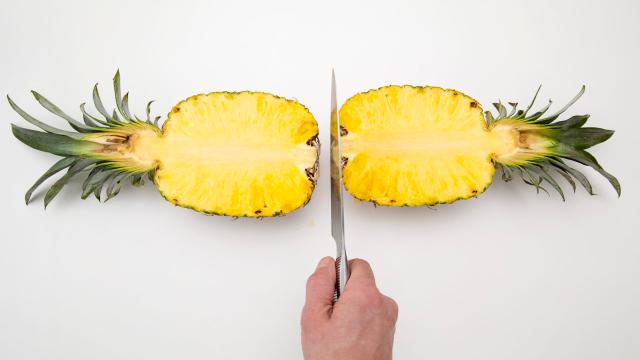When it comes to sex, food is often considered an important factor. There are long lists of the kinds of foods you should avoid before going on a date (garlic, onion) and there’s also a list of foods that we broadly assume should be eaten in a romantic setting.
Have you ever stopped to wonder whether there’s any truth to those assumptions, however? While it can be deduced that okay, garlic and onion are pretty obvious no-gos if you want to keep your breath and bloat on point before sex, other beliefs around food are flat wrong.
Food Scientist, Dr Hazel MacTavish-West of Deliveroo offered her insight on the matter.
Foods that are sold as aphrodisiacs, but aren’t:
Chocolate – “Tasty and creamy but there is no specific evidence to support that chocolate is an aphrodisiac,” Dr MacTavish-West wrote over email.
Oysters – “Oysters are often commonly thought of as an aphrodisiac, however, there’s actually no scientific evidence to back this up. What they do have, is high levels of vitamin B12 and Zinc, which are essential for nervous system maintenance and will help keep you cool, calm and collected on your date. They are also tasty and slippery…”
Honey – “It may be sweet and slippery but there is no evidence that is an aphrodisiac, despite popular urban myths.”
Hot Chillies – “[Capsicum] may leave your tongue tingling (true) and release sex-drive boosting chemicals (or may not). There is no scientific evidence to support this.”
Alcohol – Too much booze may not only leave you wanting to head home to sleep earlier, it can also impact your sex drive. “Try and limit your alcohol limit to two drinks so that you can fully appreciate the experience and get to know your partner. Red wine is a good choice as it can increase nitric oxide levels and help the blood get pumping around your body.”
Foods that you may not realise are good for sex:
Pistachios – Dr MacTavish-West shared that “eating these nuts can improve erections, possibly as a result of improved blood cholesterol and blood flow. However, it’s worth noting these results will not be immediate.”
Pineapple – This is a popular one.
“There is some evidence fresh pineapple may increase libido due to its high level of Vitamin C, Thiamine and Manganese. Apparently, pineapple can make semen [and your downstairs area, generally] taste sweeter, but we can’t use science to back this up.” That one has to come down to personal experience, I guess.
Beetroot and leafy greens – “Eating foods naturally rich in nitrates can increase your stamina, both in bed and on the running track! Eating plenty of these foods can have immediate effects on stamina, with improvements felt within 45 minutes in some people. The high levels of nitric oxide found in these particular foods is scientifically supported that they can prolong periods of strenuous activity.”
Fenugreek seeds – “[This] is a spice which is often found in South Asian dishes. Fenugreek contains compounds which the body uses to make sex hormones like testosterone and oestrogen. Again, worth noting the effects may not be immediate.”
Saffron – “A valuable spice from the male parts of the Crocus flower, used to add flavour and colour to Middle Eastern dishes. Saffron has been shown to help treat depression, reduce stress and enhance mood. Taking a saffron extract can improve erectile function in men, and can increase arousal and lubrication in women. You’ll need a lot of saffron, though!”
This article has been updated since its original publish date.

Leave a Reply
You must be logged in to post a comment.